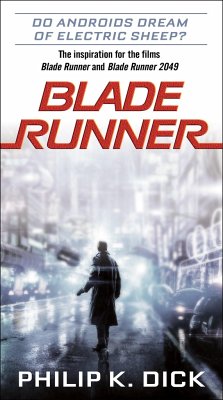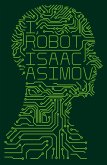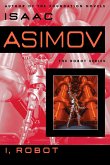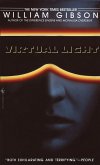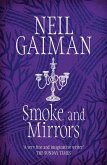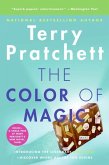The classic sci-fi novel Do Androids Dream of Electric Sheep?, which inspired two major motion pictures: Blade Runner and Blade Runner 2049
By 2021, the World War has killed millions, driving entire species into extinction and sending mankind off-planet. Those who remain covet any living creature, and for people who can t afford one, companies build incredibly realistic simulacra: horses, birds, cats, sheep. They ve even built humans. Immigrants to Mars receive androids so sophisticated they are indistinguishable from true men or women. Fearful of the havoc these artificial humans can wreak, the government bans them from Earth. Driven into hiding, unauthorized androids live among human beings, undetected. Rick Deckard, an officially sanctioned bounty hunter, is commissioned to find rogue androids and retire them. But when cornered, androids fight back with lethal force.
Praise for Philip K. Dick
[Philip K. Dick] sees all the sparkling and terrifying possibilities . . . that other authors shy away from. Rolling Stone
A kind of pulp-fiction Kafka, a prophet. The New York Times
By 2021, the World War has killed millions, driving entire species into extinction and sending mankind off-planet. Those who remain covet any living creature, and for people who can t afford one, companies build incredibly realistic simulacra: horses, birds, cats, sheep. They ve even built humans. Immigrants to Mars receive androids so sophisticated they are indistinguishable from true men or women. Fearful of the havoc these artificial humans can wreak, the government bans them from Earth. Driven into hiding, unauthorized androids live among human beings, undetected. Rick Deckard, an officially sanctioned bounty hunter, is commissioned to find rogue androids and retire them. But when cornered, androids fight back with lethal force.
Praise for Philip K. Dick
[Philip K. Dick] sees all the sparkling and terrifying possibilities . . . that other authors shy away from. Rolling Stone
A kind of pulp-fiction Kafka, a prophet. The New York Times

